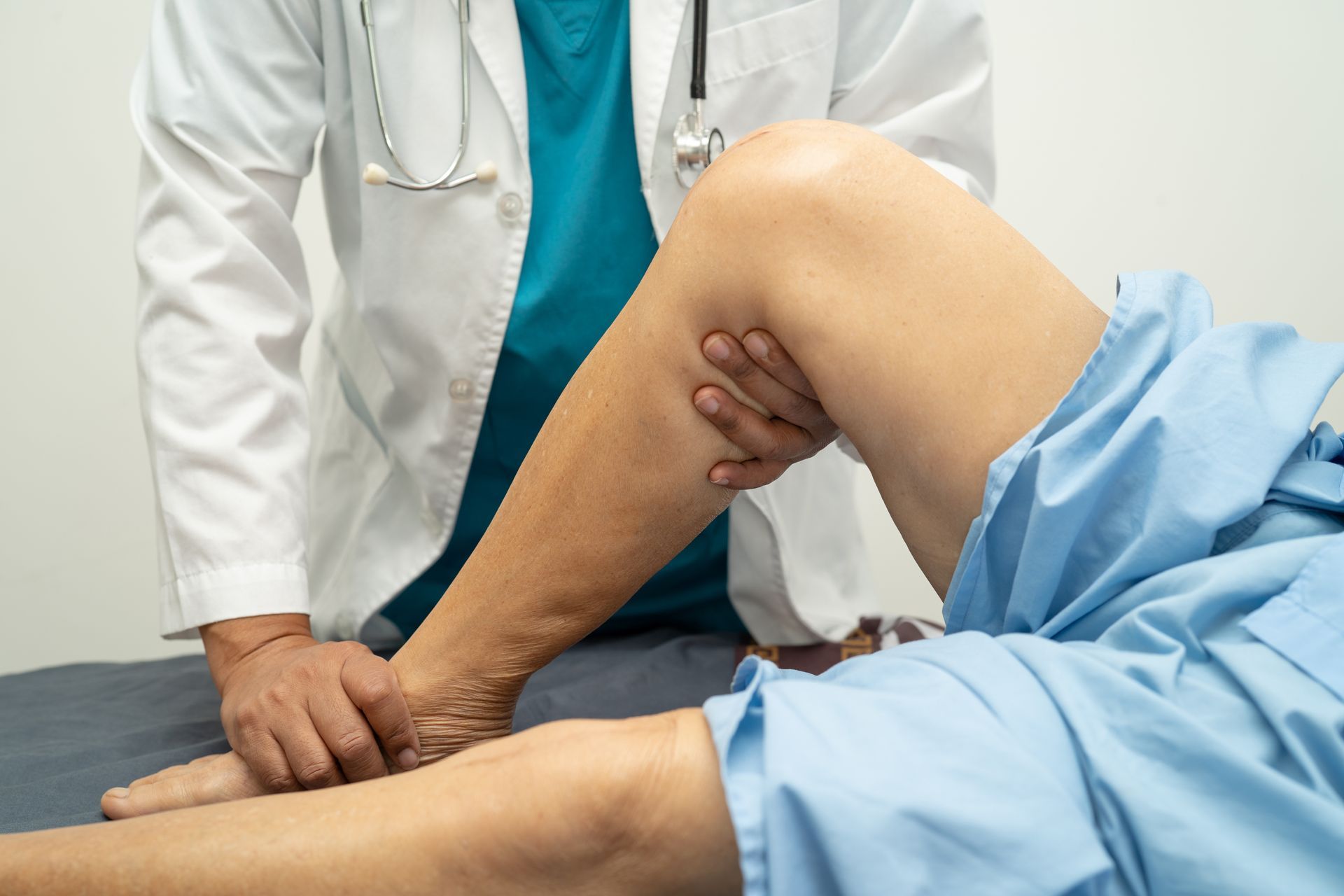Hip pain can have a significant adverse effect on your mobility and overall well-being, which can impact your quality of life. A hip replacement may be required, even though many hip problems can be resolved without surgery. Having a knowledge of the symptoms and indicators that point to the potential need for a hip replacement can help you make well-informed decisions regarding your health.
Understanding Hip Replacement Surgery
Hip replacement surgery, also known as hip arthroplasty, is surgically removing any diseased or damaged hip joint components and replacing them with artificial ones. Patients with severe hip pain and dysfunction who have not responded to conservative therapies are usually advised to have this operation.
Signs and Symptoms of the Need for a Hip Replacement
A hip replacement may be necessary if you have significant, ongoing hip discomfort that limits your daily activities such as: stiffness, decreased range of motion, and trouble doing everyday tasks like walking or climbing stairs. It could be time to think about a hip replacement if non-surgical therapies, including medicine, physical therapy, and lifestyle changes, don't work to relieve the pain, and it seriously affects your sleep and quality of life. Noticeable alterations in hip alignment or leg length, as well as discernible joint deterioration on X-rays, are important indicators that surgery may be required.
Persistent or Severe Hip Pain
If your chronic hip discomfort prevents you from doing everyday tasks like walking, bending, or even sleeping, it may be time to think about a hip replacement. It's a warning sign when over-the-counter drugs are no longer working to treat your hip pain.
Reduced Hip Range of Motion
Advanced joint damage can be identified by significant hip joint stiffness that limits one's ability to move one's leg, put on shoes, or get in and out of a car. Trouble performing simple tasks like getting out of a chair or climbing stairs is an indication that one's hip joint is damaged.
Hip Joint Degeneration Visible on X-rays
X-rays of advanced hip osteoarthritis frequently determine the degeneration of the cartilage that cushions your hip joint. Your doctor may recommend a hip replacement if they find extensive joint deterioration. Vascular necrosis, bone death from a lack of blood flow, and rheumatoid arthritis are two conditions that can cause significant joint damage that is detectable in imaging studies.
Ineffectiveness of Non-Surgical Treatments for Hip Pain
Surgery may be required if physical therapy and exercises are no longer able to relieve your symptoms or improve your range of motion. Over time, corticosteroid injections or other pain management techniques can become less effective, a sign that the underlying joint deterioration is too severe to be treated with band-aid solutions.
Hip Pain Impact on Quality of Life
Your mental health can be severely impacted by the ongoing struggle with pain and limited movement, which can result in anxiety, depression, and a general decline in your overall quality of life.
Changes in Hip Alignment
Serious indicators of advanced joint damage include changes in the alignment of your hip joint, such as a noticeable limp or the appearance of one leg being shorter than the other. Your health and mobility may be further complicated if you overcompensate for hip discomfort, as this can cause problems in different areas of your body, such as your back, knees, or the opposite hip.
When to Consult a Doctor for Hip Pain and Discomfort
You must speak with an orthopedic doctor if you encounter any of these symptoms. They can use a combination of physical examinations, imaging tests, and medical histories to determine the severity of your hip disease. You can talk about the best course of action for your particular circumstance together.
It's critical to understand the warning signs and symptoms of hip replacement to preserve your health and quality of life. Speaking with a medical expert can provide you with the knowledge you need to decide if a total hip replacement is the best course of action for you. If hip pain is becoming a persistent problem, the expert staff of orthopedic doctors and nurses are here to help. Schedule a consultation today and get back to doing what you love.

7301 Hennessy Blvd.
Suite 200
Baton Rouge, LA 70808
tel: (225) 766-0050
fax: (225) 766-1499
16158 Airline Hwy.
Prairieville, LA 70769
tel: (225) 766-0050
fax: (225) 766-1499
5000 O'Donovan Blvd.
Suite 306
Walker, LA 70785
tel: (225) 766-0050
fax: (225) 766-1499
Bone & Joint Clinic of Baton Rouge, Inc. complies with applicable Federal civil rights laws and does not discriminate on the basis of race, color, national origin, age, disability or sex.
Click to view our notice.
Bone & Joint Clinic of Baton Rouge | All Rights Reserved.



